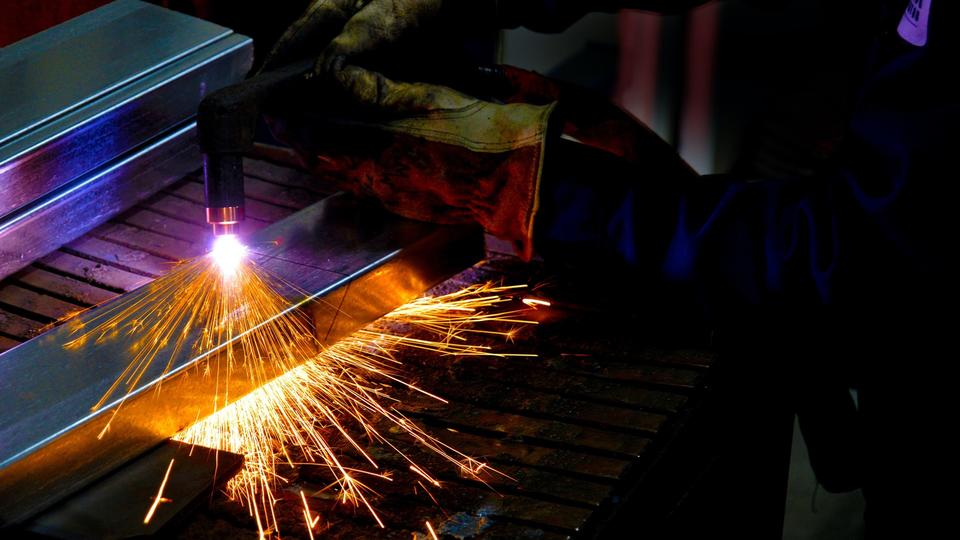Mary Gibbs Jones Professor of Management and Psychology – Organizational Behavior

The Hidden Advantage of Overqualified Workers
Slightly-to-moderately overqualified employees are more likely to reimagine their roles — and become indispensable contributors.
Based on research by Jing Zhou, Bilian Lin (Chinese University of Hong Kong) and Kenneth Law (Chinese University of Hong Kong)
Key findings:
- Past research warned against hiring overqualified workers.
- In fact, slightly-to-moderately overqualified workers are more likely to be valuable and to reimagine their duties in ways that advance their institutions.
- To capture this advantage, employers need to give workers a strong sense of connection with the company, and the flexibility to expand their vision of their jobs.
You’re a rocket scientist. You worked for NASA. You've won a Nobel Prize. Shouldn’t your qualifications give you an edge on a software developer job?
According to typical hiring practice, the answer is no. You might not even get an interview for a job sweeping the floor. That’s because, for years, research has warned that hiring applicants with too much experience or too many skills will saddle you with employees who don’t appreciate their jobs.
Now there’s good news for rocket scientists and others who happen to be overqualified for their work. According to a groundbreaking new study coauthored by Rice Business professor Jing Zhou, workers who are slightly to moderately overqualified are actually more likely to be active and creative contributors to their workplace. As a result, they’re more likely to be assets. The study adds to a new body of research about the advantages of an overqualified workforce.
Zhou’s findings have widespread implications. Worldwide, almost half of the people who work for a living report that they are overqualified for their jobs. That means Zhou’s research, conducted with Bilian Lin and Kenneth Law of the Chinese University of Hong Kong, applies to a vast segment of the labor market.
To reach its conclusions, Zhou’s team launched two separate studies in China. The first looked at six different schools with a total of 327 teachers and 85 supervisors. The second analyzed an electronic equipment factory with 297 technicians. Both studies revealed a strong link between perceived slight and moderate overqualification and the frequency of “task crafting,” that is, expanding the parameters of the work in more innovative and productive ways.
In the school study, teachers who were slightly to moderately overqualified set up new online networks with students and parents. They also rearranged classrooms in ways that made students more engaged and productive. Meanwhile, in the factory, workers took tests to gauge their abilities in complex tasks designing a ship. The ones who were slightly to moderately overqualified built more complex versions that reflected their superior competencies.
The key to both sets of workers’ superiority was their impulse to “job craft.” Every worker leaves a personal imprint: meeting the bare minimum of criteria, pushing to exceed expectations, innovating or imagining new or more useful ways of getting the job done. Expert “job crafters” turn this impulse into an art. Some redraw their task boundaries or change the number of tasks they take on. Others reconfigure their work materials or redefine their jobs altogether. Still others rearrange their work spaces and reimagine their work procedures in ways that can catapult their productivity upward.
For overqualified workers, Zhou’s team found, task crafting is a psychological coping mechanism — a welcome one. Workers want to show their superiors the true level of their skills. Doing so fortifies their self-esteem and intensifies their bonds with the company they work for. Far from being dissatisfied, these overqualified workers are more productive, keen to help their organizations and interested in finding ways to be proud of their work.
So how did the outlook on such workers go from shadowy to brilliant? Past research, it turns out, focused rigidly on the fit between worker experience and a task. It didn’t consider the nuanced human motivations that go into working, nor the full range of creativity or flexibility possible in getting a job done.
Thus, older studies cautioned that overqualified workers are likely to feel deprived and resentful. Zhou’s research shows the opposite: a statistical correlation between worker overqualification and high job performance.
Organizations do need to do their part for this alchemy to work. Above all, Zhou writes, it’s crucial to build a strong bond between worker and institution. This is because workers who identify strongly with their workplace feel more confident that their job-crafting efforts will be well received; those who don’t feel this strong bond often feel mistreated and give up the project of crafting their work.
Similarly, companies also need to grant workers flexibility to expand the scope or improve the process of their jobs. The outcome can be the evolution of the entire business in unexpected and often creative ways.
Not all super-qualified workers will be inspired to re-craft their tasks. When the gulf between skills and task is extreme, Zhou writes, workers are bored and job crafting loses its juice as an incentive. For more moderately overqualified employees, however, their expertise should rocket their CVs to the top of the stack. For seasoned workers, the evidence shows, a job is not just a job. It’s an adventure in finding ways to be excellent.
Lin, B., Law, K. S., & Zhou, J. (2017). “Why is underemployment related to creativity and OCB? A task-crafting explanation of the curvilinear moderated relations.” Academy of Management Journal, 60(1): 156-177. https://journals.aom.org/doi/10.5465/amj.2014.0470.
Mary Gibbs Jones Professor of Management and Psychology – Organizational Behavior
Never Miss A Story



